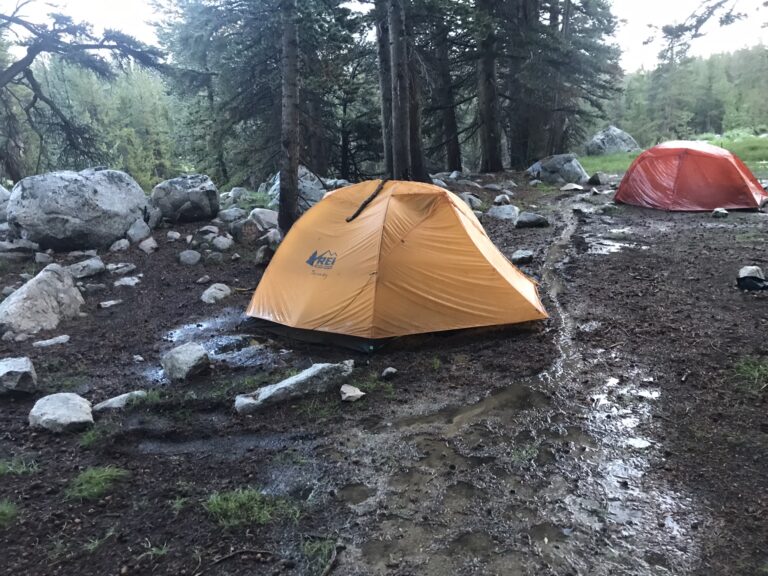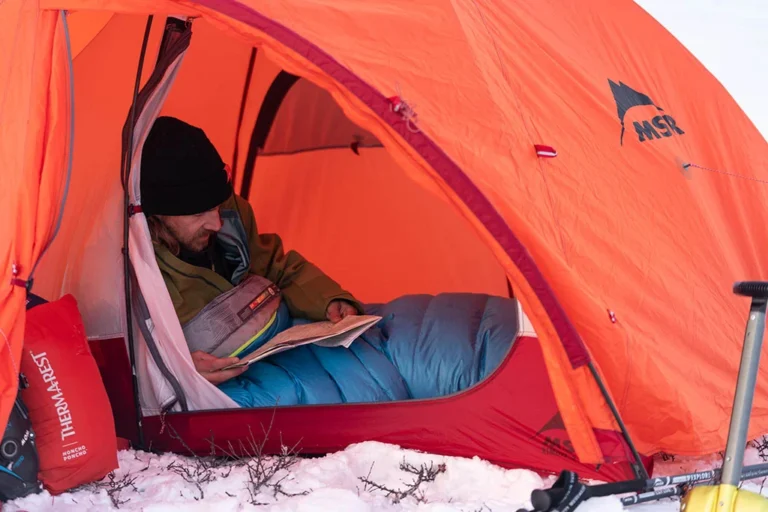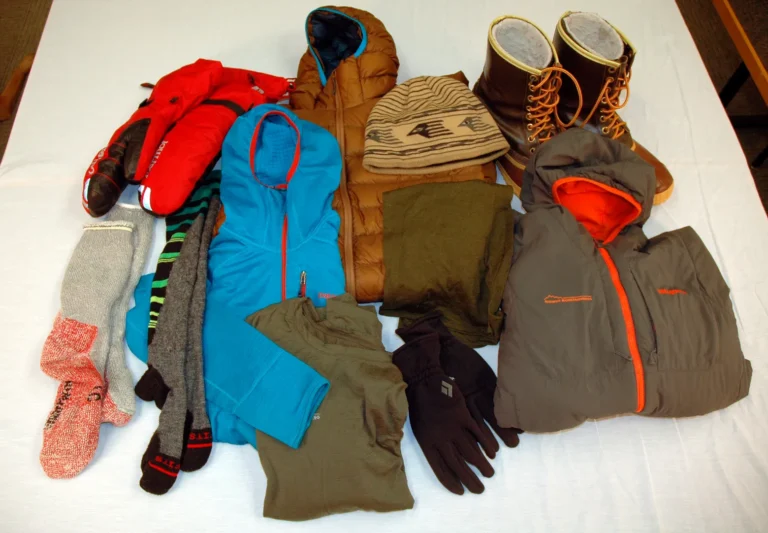Why Water Is So Important
Want to know why water is so vital to your trail health? About 60 to 70 percent of your body is water. About 90 percent of your blood is water. When you walk with a weighty pack on your back, your muscles heat up and perspiration occurs. The sweat evaporates on your skin’s surface and cools you, allowing your bloodstream to carry cooler temperatures back to your organs, thus regulating your body’s overall temperature. (To stay in good working order, your body must maintain a core temperature somewhere between 97º F to 100º F.)
Losing and replacing water is part of your daily routine. You lose about three quarts a day through breathing, perspiration, and waste removal. Strenuous backpacking, especially in temperature extremes, causes even more water loss. So how do you know when to increase your fluid intake and by how much? The sensation of thirst doesn’t accurately reflect your body’s needs. You may have lost up to one percent of your body weight before the thirst signal kicks in, and the sensation of being thirsty may disappear before the lost water is replenished. The key to staying properly hydrated is to drink before you feel thirsty and keep drinking after you feel satisfied. Exact fluid needs very from person to person. Age, physical condition, activity level, body size and degree of acclimatization all influence the amount of water you should drink each day.
As a starting point, drink at least 16 ounces of water before hitting the trail, and then replenish yourself with four to six ounces every 20 to 30 minutes. To fine-tune your water needs in the field, monitor the volume and color of your urine and the frequency of urination. If you’re producing clear at least five times a day, you’re drinking enough. Cloudy or dark urine or urination less than five times a day means you should drink more.
Here are a few important water-related tips:
• Drink a minimum of three to four quarts of water a day while hiking.
• Foods supply about one-quarter of your daily water needs. That figure drops if you eat typical trail favorites like dehydrated fruits and meats.
• Avoid caffeine and carbonated drink. They are diuretics, which mean they flush more water from your system than they add to it.
• Some antihistamines and thyroid medicines can impair your body’s heat-regulating abilities. If you’re taking medication, consult your physician before hiking in hot or humid weather.
• When the sweat pours, more than water is lost. Electrolytes (sodium, chloride, potassium) are sweated out. Some energy drinks offer a balanced electrolyte replacement with carbohydrates for fuel.






